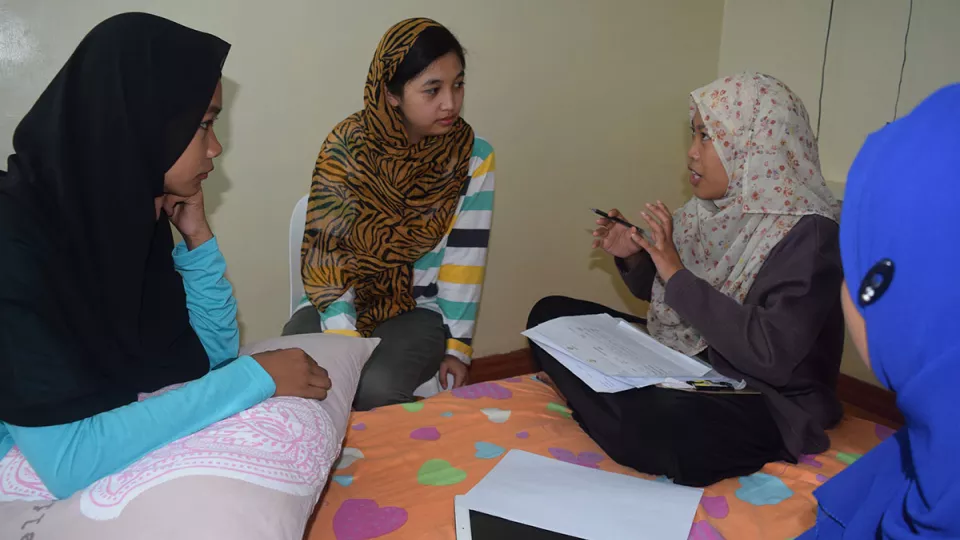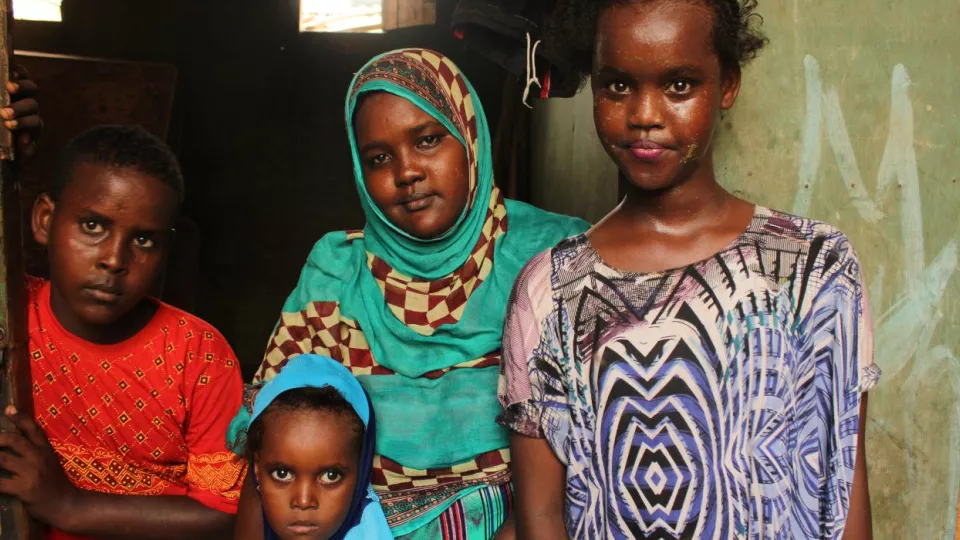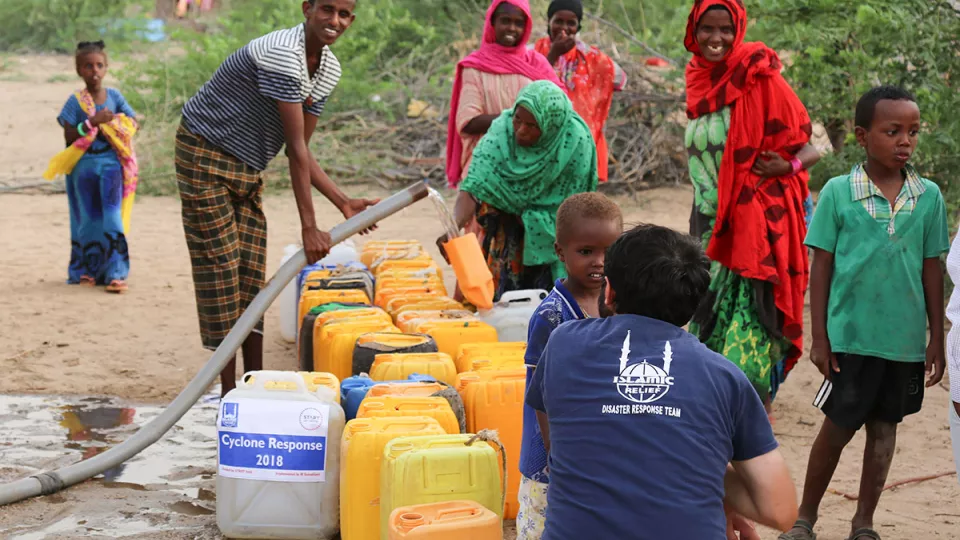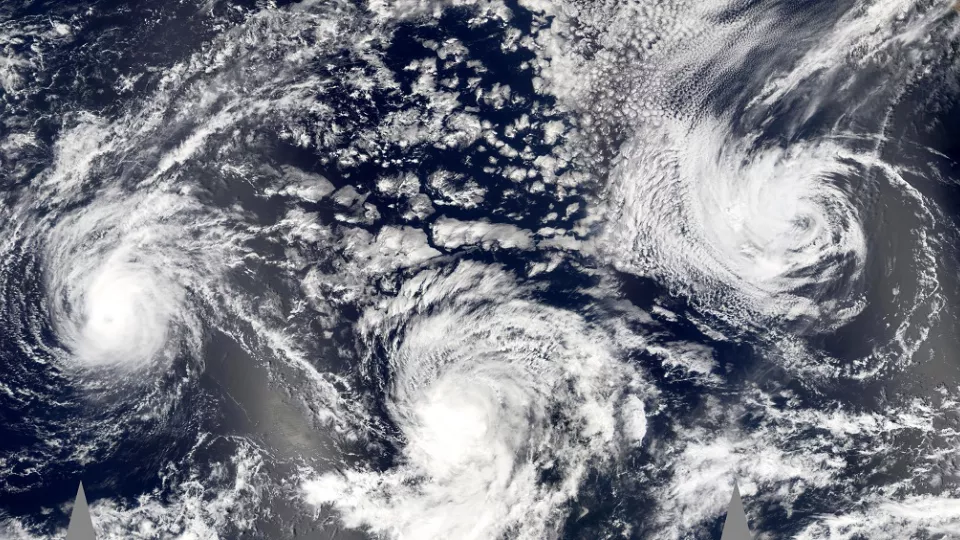
The Start Fund Learning Grant
In summer 2016, the Start Fund decided to revise the learning grant process and subsequently set aside one per cent of its total annual disbursement, to fund learning activities that went above and beyond project level for members of the Start Network to strengthen humanitarian response. This fund for learning maintained the name ‘one per cent learning budget’ and agencies could apply for a greater amount, anything up to £10,000 GBP, with a greater freedom of focus.



